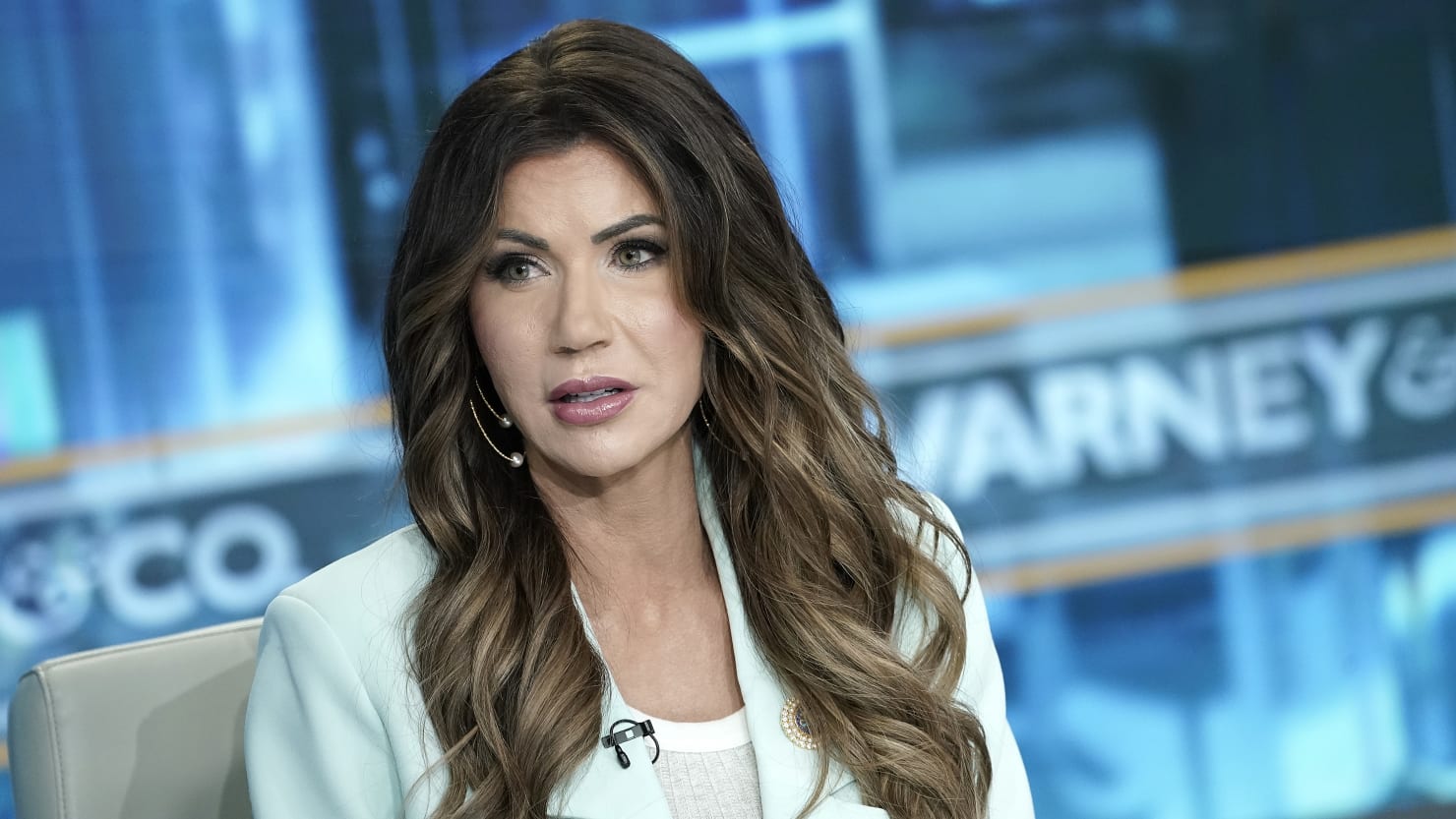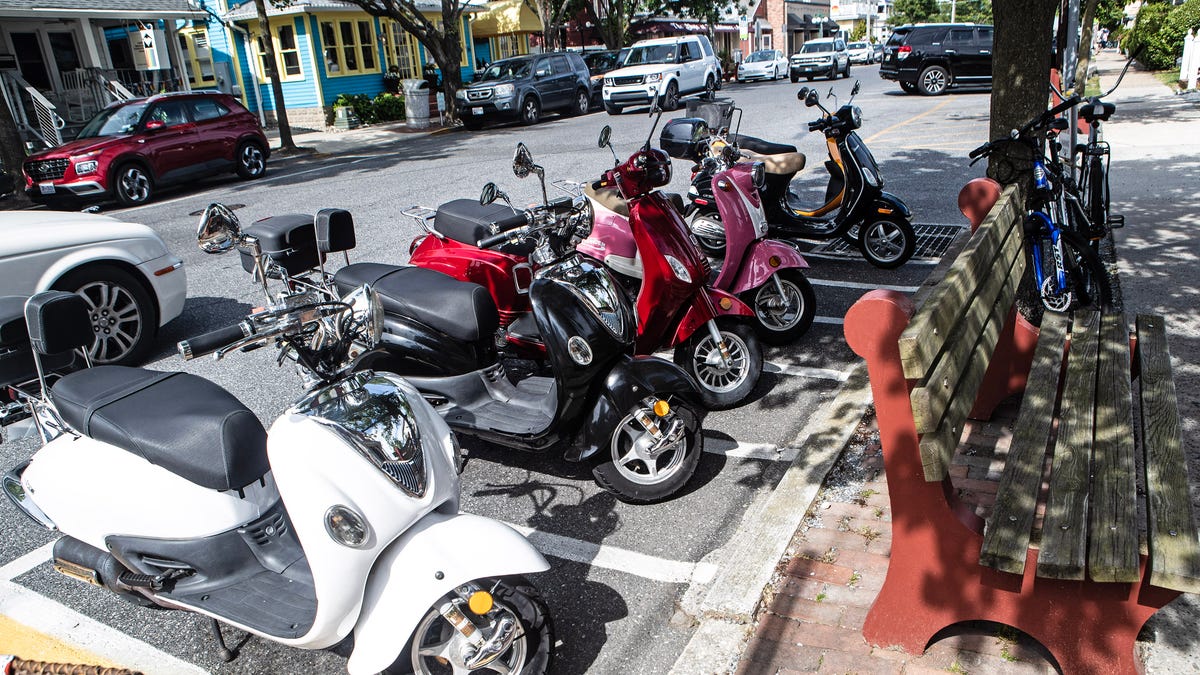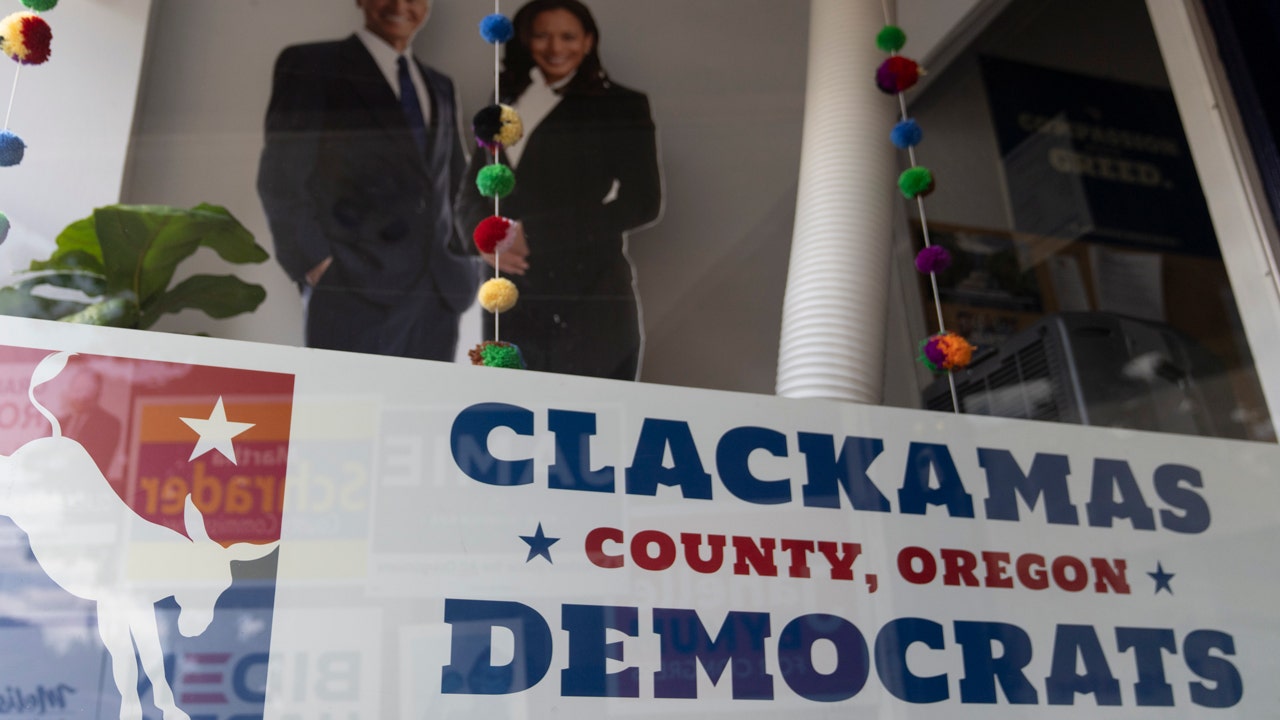South Dakota
South Dakota’s recreational marijuana campaign readies another ballot run

Matthew Schweich hopes that when it comes to recreational marijuana legalization in South Dakota, the third time is the charm.
“Everything’s on schedule,” said the campaign director of South Dakotans for Better Marijuana Laws, whose group handed in 29,030 signatures for its recreational pot initiated measure to the Secretary of State’s office in Pierre on Tuesday, the final day that signatures could be submitted for 2024.
It’s been a mad dash to the finish line for the pro-legalization group, which also had a hand in putting the issue on the ballot in 2020 and 2022. The effort got a late start due to concerns about funding and didn’t really hit its stride with paid circulators until February.
“I think it would have been a mistake to launch a signature drive without knowing we had the resources to do it properly,” said Schweich, adding that funding for the petition drive came from the Grow South Dakota Ballot Committee (with former state legislator Deb Peters as treasurer) and Puffy’s Dispensary, a West River-based medical cannabis operation.
The number of verified signatures needed to qualify initiated measures for the ballot is 17,508, which represents 5% of the total vote for governor in the last gubernatorial election. Constitutional amendments require 35,017, which is 10%.
After receiving a petition, state law requires the Secretary of State to “examine and catalog” the signatures and make them available to the public upon request for a reasonable fee. Within five days of that examination, the Secretary of State is required to generate a random sample to determine the validity of the signatures, with the validation sheets also available for public inspection.
If the recreational marijuana measure makes the ballot, the campaign will have to grapple with possible voter fatigue on an issue that will be put before South Dakota voters for a third consecutive statewide election.
In 2020, pro-legalization Amendment A passed with 54% of the vote, clearing the way for recreational marijuana to be implemented in the state. Medicinal pot was also approved by voters that year in an initiated measure.
Gov. Kristi Noem’s administration challenged the recreational marijuana amendment, saying it violated the state’s requirement that constitutional amendments deal with just one subject. That argument prevailed in a 4-1 decision at the South Dakota Supreme Court.
Supporters tried to pass recreational cannabis again in 2022, and South Dakotans rejected that effort, sending Initiated Measure 27 to defeat with 53% of voters against it.
Schweich acknowledges making a political miscalculation by going back to the issue in 2022 rather than “taking a breather” and waiting for 2024, a presidential election year with higher voter turnout than midterms.
“My theory was that the anger over the amendment being overturned would cause a whole bunch of voters who might not otherwise show up for the midterms to go out and vote,” said Schweich, who also runs Eagle Campaigns, a political campaign service in Sioux Falls. “It was an ambitious theory, and unfortunately things didn’t play out that way. It turns out that changing an electorate is very difficult.”
South Dakotans for Better Marijuana Laws will focus on get-out-the-vote efforts rather than trying to win “the hearts and minds” of voters on an issue that they are well-versed on following the 2020 and 2022 campaigns.
Recreational marijuana is currently legal in 24 states, with supporters pointing to economic advantages to the state economy from tax revenue. States collected nearly $3 billion in marijuana revenues in 2022, according to the Tax Foundation.
Opponents cite potential social costs and health risks such as a higher risk of cardiovascular problems from marijuana use, as outlined in a recent study in the Journal of the American Heart Association.
If the measure makes the ballot and fails, said Schweich, there will not be a fourth consecutive time on the ballot, at least from his group.
“If we fail in 2024, which I don’t think will happen, I will respect that and will not be part of putting this issue on the ballot in 2026,” said Schweich.
This story was produced by South Dakota News Watch, an independent, nonprofit news organization. Read more in-depth stories at sdnewswatch.org and sign up for an email every few days to get stories as soon as they’re published. Contact Stu Whitney at at stu.whitney@sdnewswatch.org.

South Dakota
Worthington High grad named Miss South Dakota USA 2024

Minnesota native Ahmitara Alwal won her first beauty pageant at just four years of age, but it’s the one she participated in most recently that will leave a lasting memory.
Alwal, a 2017 Worthington High School graduate, was crowned Miss South Dakota USA 2024 on May 12 in Watertown, South Dakota.
“It was something I had hoped for but I didn’t think it would happen that night,” Alwal said. “They got to the first runner-up and still hadn’t called my name and I thought, ‘Okay, this is new.’ It was amazing to be standing there and was a powerful moment for us all.”
Since she now lives in South Dakota, Alwal applied this year to represent the state. Upon approval, she got right to work honing her best skills, like public speaking, that make her feel confident. She’s also been mentally and physically training herself to compete, finding things that work for her to put her best foot forward, like eating healthy.
The Miss South Dakota pageant lasted for a total of two days and needless to say, was a whirlwind for Alwal. She will now advance on to the Miss USA national pageant and represent South Dakota this August in that competition.
“My next steps are to continue to do interviews, be out in the community and make appearances. This really helps me to understand the needs (of the local community),” said Alwal.
She took time to address the stigma around beauty pageants, saying the women who participate are some of the most genuine and compassionate people known to man.
“I think some people just see the beauty of these girls and forget about the character of them,” said Alwal. “But these women will support you endlessly.”
Alwal encourages anyone in the Worthington area or beyond to enter into pageants if interested.
Applications are currently open and in 2023, the Miss USA pageant changed its eligibility rules to include women who are or have been married, are pregnant, or have children. There is also no age restriction to compete.
“I was once a shy girl who didn’t say much, so I hope young girls see themselves in me and know any obstacle can be overcome,” Alwal said. “If you work hard for yourself, you’ll find something beautiful.”
Hope Moural is the community editor for the Globe as of May 2024. A born and raised Nebraskan, Hope has a dual bachelor’s degree in Journalism and Communications from Concordia University, Nebraska, and has previously worked as a general assignment reporter.
South Dakota
History 605 S4, Ep 6: Citibank and South Dakota

In this episode we speak with Sean Vanatta who has written “Plastic Capitalism: Banks, Credit Cards, and the End of Financial Control.” Vanatta describes how Citibank and South Dakota changed the credit card industry in the United States. An unconnected series of events that involves the US Supreme Court, the Federal Reserve, the South Dakota Legislature and the national demand for credit cards brings together two very different but desperate entities: the state of South Dakota led by Governor Bill Janklow, and Citibank, a large international New York bank led by President Walter Wriston. Their desperate need for one another changed South Dakota’s economy as well as consumer credit for millions of Americans. It’s all an amazing story of coincidences that’s important to part of South Dakota’s history. For more, the book can be found here: Plastic Capitalism (yale.edu)
South Dakota
Kristi Noem Made Yet Another False Claim in Her Book

Kristi Noem just can’t get her facts straight. After a flopped press tour for her new book—where she confronted questions over anecdotes on meeting North Korean ruler Kim Jong Un (she didn’t) and killing her dog (she did)—Noem also falsely claimed in her book that Sen. Mike Rounds (R-SD) called for former President Donald Trump to drop out in 2016. Noem claimed that Rounds and the “entire delegation in South Dakota was not supportive of Trump” after the Access Hollywood tape came out. “Every one of the Republicans called for Trump to drop out of the race, which meant they believed Hillary Clinton should be the next president. Amazing, right?” she wrote. But Rounds’ camp is contesting this. “We have not read the book, but someone pointed out that among the inaccuracies, there was one that referenced Sen. Rounds,” Rounds spokeswoman Lydia Hall told The Dakota Scout. “We’ve asked the publisher to correct that error in their next revision and they confirmed that they are making the correction after reviewing the facts.”
Read it at The Dakota Scout
-

 News1 week ago
News1 week agoSkeletal remains found almost 40 years ago identified as woman who disappeared in 1968
-

 World1 week ago
World1 week agoIndia Lok Sabha election 2024 Phase 4: Who votes and what’s at stake?
-

 Movie Reviews1 week ago
Movie Reviews1 week ago“Kingdom of the Planet of the Apes”: Disney's New Kingdom is Far From Magical (Movie Review)
-

 World1 week ago
World1 week agoUkraine’s military chief admits ‘difficult situation’ in Kharkiv region
-

 Politics1 week ago
Politics1 week agoTales from the trail: The blue states Trump eyes to turn red in November
-

 World1 week ago
World1 week agoBorrell: Spain, Ireland and others could recognise Palestine on 21 May
-

 World1 week ago
World1 week agoCatalans vote in crucial regional election for the separatist movement
-

 Politics1 week ago
Politics1 week agoNorth Dakota gov, former presidential candidate Doug Burgum front and center at Trump New Jersey rally










/cdn.vox-cdn.com/uploads/chorus_asset/file/25456799/lcimg_2c03ed43_c1df_414a_9e67_8100cdf3d526.jpeg)








